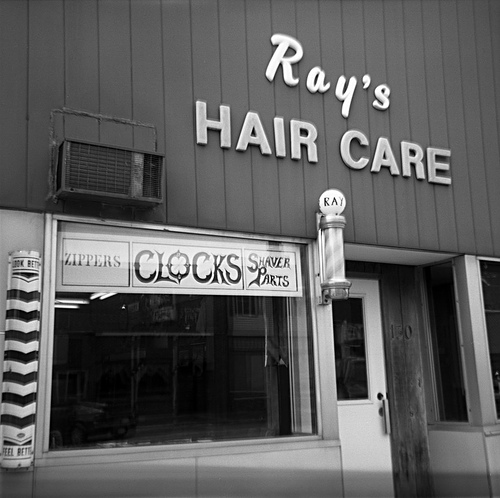Your hair is part of your identity – it’s what makes you, you. Hair loss is difficult to go through, no matter the reason for it, which is why it is important to know the type of hair loss you’re suffering from and if there is a way to improve it, whether that’s with changes to your lifestyle or the best hair transplant in Turkey. There are a few common types of hair loss that many of us suffer from, but did you know seasonal changes can cause you to lose your hair too? Below, we’ll look at common types of loss and theories about why you might lose your hair throughout the seasons.
Types of hair loss
If you are suffering from hair loss, it can be a scary time, especially if you’re not sure what’s causing it. Here are a few of the most common types of hair loss and how you can identify them.
- Androgenetic alopecia: This type of loss is what we call male pattern baldness and happens due to the genetics that is passed down to you through your family. Despite its name, both men and women suffer from this type of hair loss. It can be recognised by a receding hairline and bald spots in men, and thinning hair along the crown in women.
- Telogen effluvium: This type of hair loss commonly occurs if you’re suffering from a medical condition or taking medication. It usually occurs around 3 months after you’ve been ill and is a temporary type of loss so it will grow back over time. Signs of this type of hair loss include general all-over thinning, and dry, lustreless hair.
- Alopecia Areata: You may have heard of alopecia before – it is a type of hair loss caused by an autoimmune disease meaning that your body attacks the hair follicles which then fall out and are prevented from growing back. It can happen all over the body and is not painful. Hair usually begins to fall out in smaller patches.
Seasonal hair loss
Along with a few of the main types of hair loss that are listed above, did you know that it’s possible to suffer from seasonal hair loss? If you find that in the winter months, you’re shedding more hair than normal, don’t panic! This is common for many of us. There are a few theories that come along with seasonal hair shedding, one is that we shed hair on the run-up to the warmer weather, to help keep us cool – this has happened due to evolution when humans had a lot more hair than we do now! Another theory is that the seasons coincide with your hair stages, with the shedding phase of hair growth happening mostly in the autumn months. You may notice when the weather gets colder, you lose more hair because of the elements – the cold and wind, drying out the follicles and causing them to snap. Seasonal hair loss is real, but it’s nothing to worry about.
Causes of loss
As we’ve seen above, there are many reasons why you may end up suffering from hair loss. It could be due to your genetics, which has caused receding or thinning hair, changes in your health or your hormones, or it may be due to enduring a particularly stressful time in your life, like childbirth, surgery, or illness. Or maybe, it’s simply because of the time of year and where your hair is in its growth cycle! If you’re worried about your hair loss, and you can’t pinpoint why it is happening, speaking with your doctor could give you peace of mind.
How to prevent hair loss
Depending on the type of hair loss that you’re suffering from, you may be able to improve it and promote hair growth.Unfortunately, there is not yet a known solution to alopecia, but conditions that cause your hair to recede and thin, like male pattern baldness, can be helped by implementing a few different practices into your lifestyle. Thankfully, hair loss like telogen effluvium and seasonal hair loss should both improve with time, with no need for treatment.
For example, you should make sure you eat enough protein, and if you think you’re not getting enough of your daily vitamins from your diet, you should try supplements to help. Maintaining good hair care can also be advantageous, as well as various over-the-counter hair loss medications.


